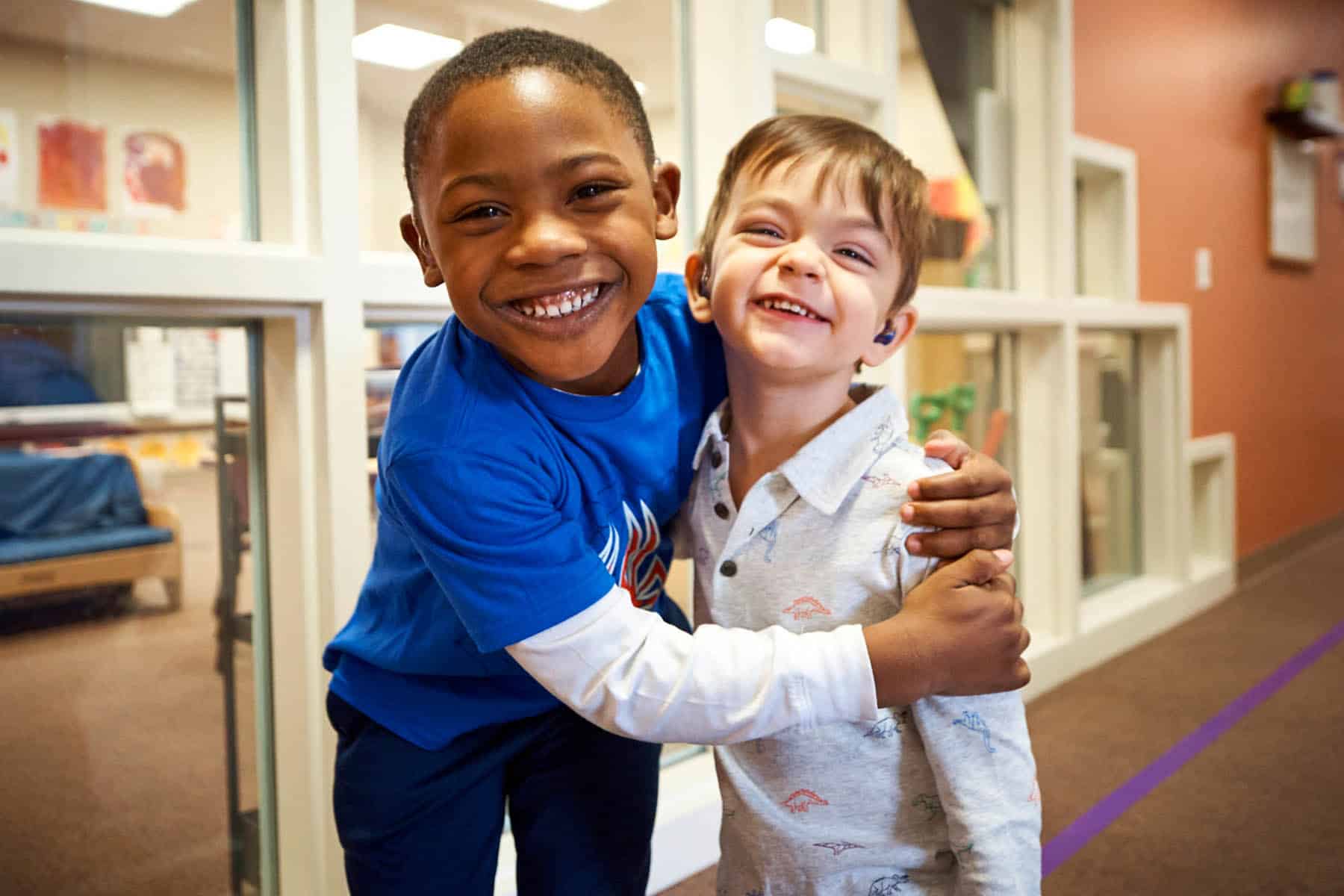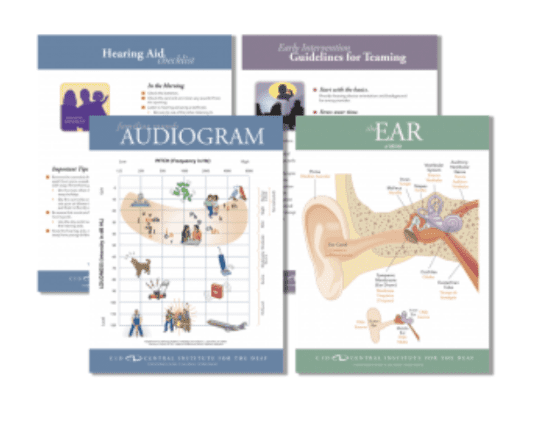As professionals, parents often approach us with concerns about their child’s social life. One common concern is that their child is struggling with friendships. Sometimes this is voiced as, “I don’t know how to help my child make friends.” Sometimes this is unvoiced and hidden within a statement, “I guess some kids just like to be alone.” No matter how a parent phrases it, the underlying concern is that their child is, or will be, isolated and alone. Knowing that friendships add rich and valuable dimensions to our lives, we can certainly understand a parent’s concern. We can address these feelings and fears by providing them with the following tips and strategies.
- Understand the developmental progression of friendship. Make parents aware that children go through stages of development in all areas, including friendship. In developing friendships, children move from playing next to another child (birth-4 years old) to
-
- communicating and negotiating play ideas and being friend-emies (5-8 years old)
- being “BFF’s for life to the exclusion of all others” (9-12 years old)
- more mature, mutually caring relationships (12 years old onward)
Parents need to also recognize that some children have an introverted or shy temperament. These children may need additional support and encouragement in building friendships.
For more, click here to link to Psychology Today’s article on stages of friendship.
- Understand how a child’s hearing loss may impact the development of friendships. Many children with hearing loss have delays in language development that can impact their ability to initiate or maintain friendships. Teach parents about this impact. For younger children, the impact may be less noticeable because play is less dependent upon language. This impact can become more apparent when children reach the stage of development in which play is based upon the child’s ability to share ideas and negotiate with others. For this reason, some children with hearing loss may feel more comfortable with younger playmates or with one friend rather than in a group. Some children respond to the challenge by choosing play activities that are less language-dependent, such as assembling puzzles, playing tag or creating art projects. Typically, as children’s ability to communicate develops, their ability to initiate and maintain friendships progresses as well.
- Plan for play dates. Encourage parents to plan play dates. They can plan the play date with a child with similar interests as their child. For children first learning how to play together, structured, closely supervised and facilitated play dates for short periods of time work best. A parent might invite another child over for an hour to play trains or to do a specific project, like making cupcakes. If the play date is in the home, suggest that the child put away favored toys that he may not be ready to share. As friendships evolve, the child will be able to move from a pre-planned, structured activity (making playdough) to creating their own play plan (playing pirates in the backyard). Eventually, with the growth of the child’s skills and confidence, he will progress from play dates with one child to a small group of children with less facilitation.
For more, click here to link to PBS Parent’s article on tips for making friends
- Practice social skills. Good friendships begin with good social skills. Encourage parents to model appropriate social skills such as
-
- using appropriate eye contact
- using friendly language and body language
- noticing what others are noticing
- joining in play gently
- listening
- taking turns
- being kind and sharing
Urge parents to acknowledge and encourage their child’s effort with using these social skills. They can also draw their child’s attention to situations in which someone else was kind.
For more, here is a link from Scholastic with a list of social skills by age and how you can encourage them.
- Teach advocacy. Support parents in helping their child to be matter-of-fact about who they are and their hearing needs. They can
-
- Teach their child to understand their hearing difference and how it impacts them.
- Teach them the name of their device, how it works and why they need it.
- Help their child learn strategies that help them to hear best, such as:
- looking at the speaker
- asking for something to be repeated
- asking a speaker to talk louder
- requesting people speak one at a time
- As appropriate, they can help their child learn to share their hearing difference with their friends. This not only empowers their child to take ownership of their hearing difference it also demystifies this difference for their friends.
For more, click on the link to an advocacy skill by age article at the website Success for Children with Hearing Loss
Bonus Tip: Some children may need to be made aware of and informed about things that are interesting to other children their age. For example, if Paw Patrol is the hot topic among children their age, encourage parents to watch this with their child and help them to learn the names of the characters. If children their age are interested in Minecraft, a parent can help their child learn the rules and language associated with the game.
We all need friends. Friends provide an added dynamic to relationships that parents, and even siblings, can’t offer. Friends are playmates and companions who provide support and affection. We can be a friend to parents by addressing their concerns and helping their children develop friendships.
Patti Hoffman is a family support specialist in the Anabeth and John Weil Early Childhood Center at CID – Central Institute for the Deaf. She has presented at various professional workshops, guest lectured for the Washington University Program in Audiology and Communication Sciences and written a published article for Volta Voices. Ms. Hoffman also compiled the CID Developmental Rating Forms for children ages 3-5.













